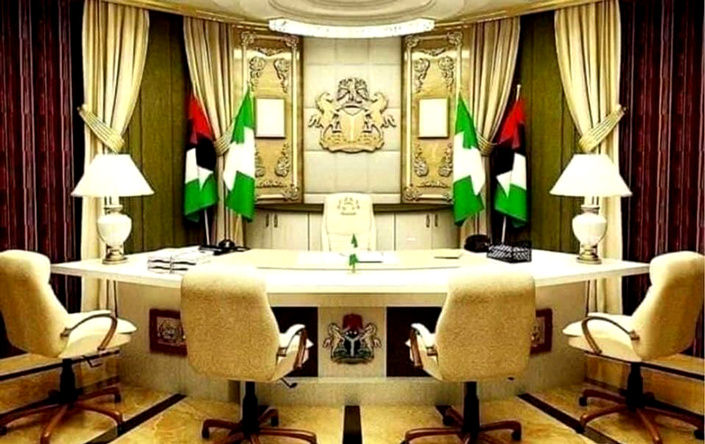- The current democratic system, failed to microzone the 2023 presidential ticket to the region it was due, the South East
- With Okonjo-Iweala, the current WTO Director General, amongst others, Igbo’s are the stellar presidential material Nigerians are systemically denied
A group comprising 60 lawmakers has launched a bid to replace Nigeria’s current presidential system with a parliamentary one, reminiscent of the nation’s First Republic. Led by the Minority Leader, Kingsley Chinda, and spokesperson Abdulsamad Dasuki, the Parliamentary Group presented three constitution alteration bills during a House of Representatives session. Citing concerns over the high cost of governance and the concentration of power in the presidency, the lawmakers aim to transition to a parliamentary system by 2031.
Expressing dissatisfaction with the current presidential model, the group highlighted its shortcomings, including the allocation of significant resources to governance at the expense of critical sectors like infrastructure, education, and healthcare. They also emphasized the excessive powers wielded by executive appointees, who lack direct accountability to the electorate.
Seeking to initiate dialogue on the effectiveness of the existing system, the lawmakers advocate for a return to the governance structure of Nigeria’s founding era, which they believe fostered accountability and efficiency.
Nigeria’s history under the parliamentary system, before its suspension following the 1966 coup, serves as the basis for the proposed transition. With a prime minister as head of government, accountable to the legislative branch, the parliamentary system is seen as promoting a symbiotic relationship between the executive and legislative arms, facilitating streamlined decision-making and policy execution.
However, concerns linger regarding past polarization under the parliamentary system, which some experts argue contributed to subsequent military intervention.
Notably, the timing of the legislative proposal has raised suspicions, with observers noting its potential implications for an Igbo presidency. Scheduled for reelection in 2027, Tinubu’s term, if re-elected would conclude in 2031, coinciding with the proposed transition period
The 60 man coallition are members of the ruling All Progressives Congress (APC) and Peoples Democratic Party (PDP).
IMAGE: The world satellite



